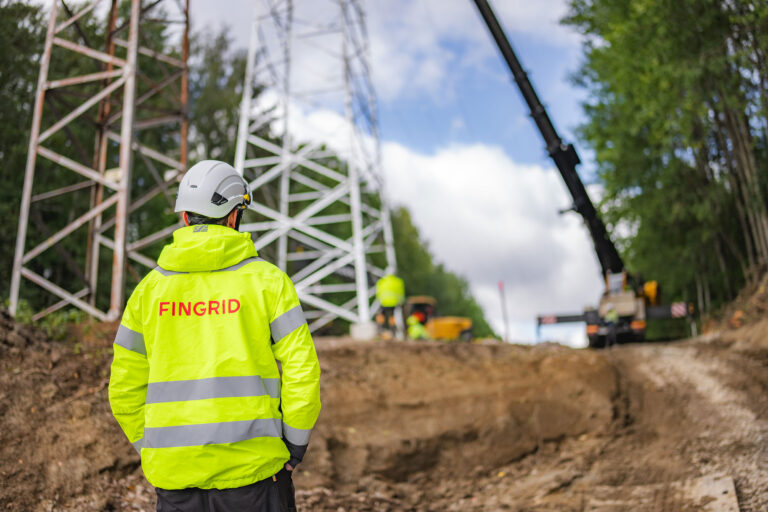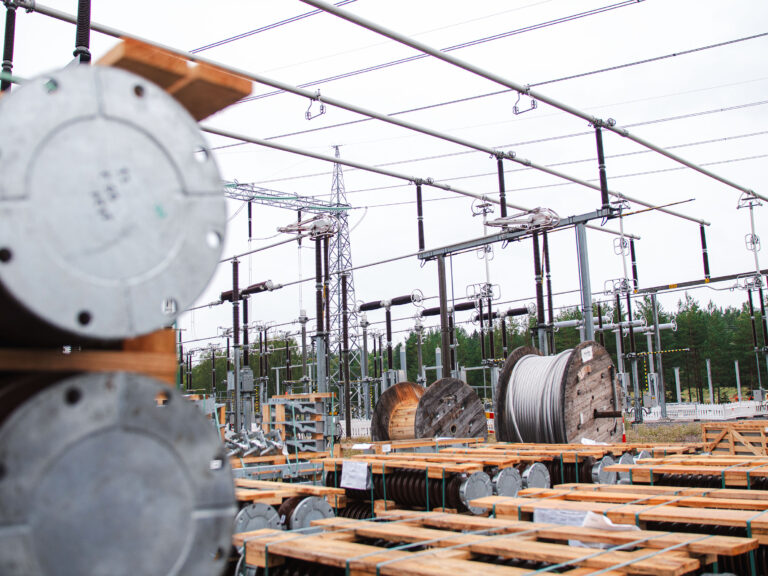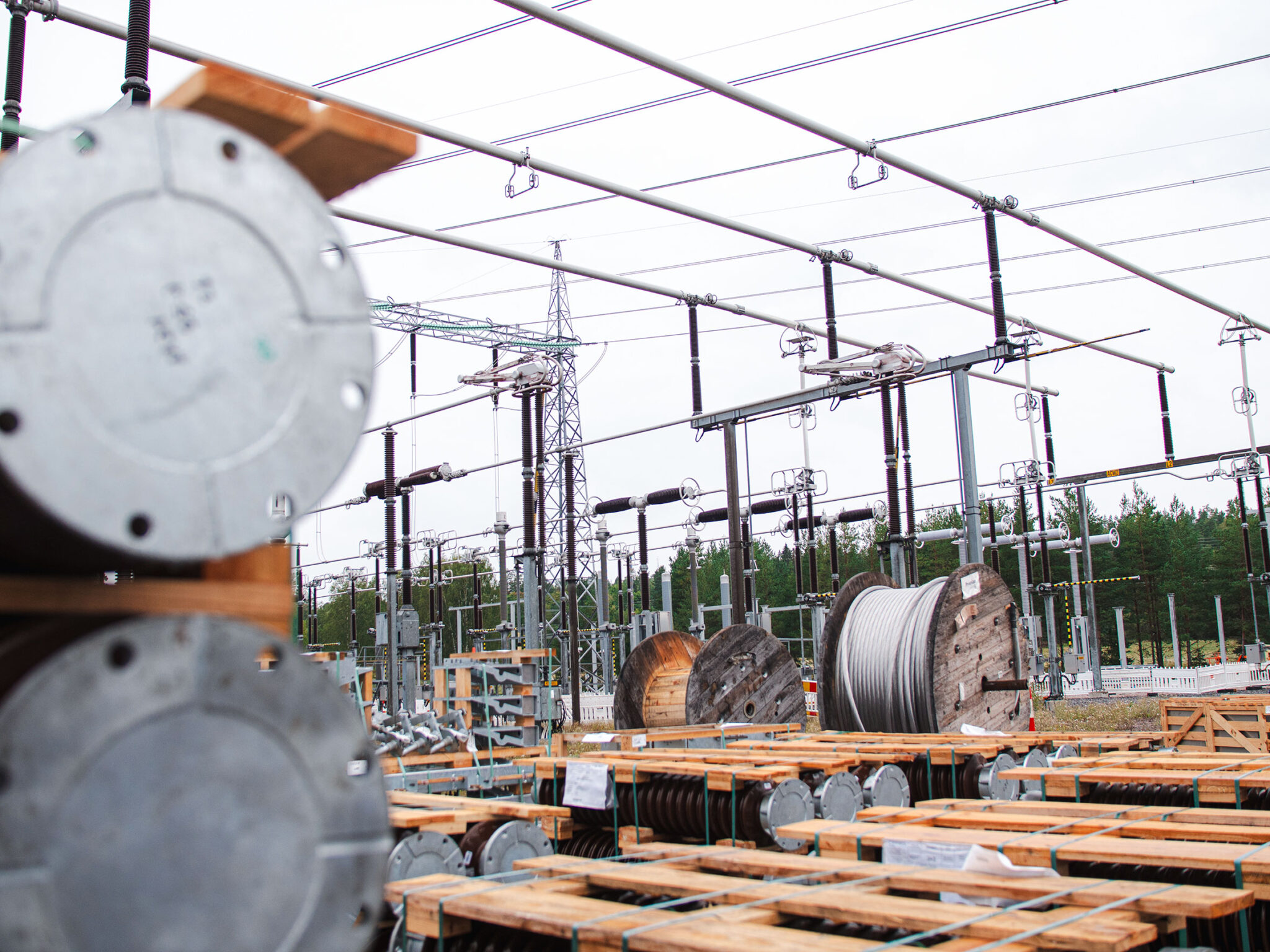Loud applause rang out in the European Parliament in October 2016. The Paris Agreement had just been approved by a large majority. This was good reason to celebrate – the EU had committed to avoid destroying the planet – and believe it or not, implementation of that promise has begun.
This year, many important energy policy reforms will be addressed, and they will have a direct impact on European operators in the industry and on every European citizen. As a result, even people who usually yawn when they hear the words “EU” or “energy policy” have been interested in finding out what direction the continent will take.
Eight directives to revolutionise energy policy have been introduced so far, and every one of them has been approved by the European Parliament. The Parliament has even made some surprisingly bold moves, which is good news. It wants more than two-thirds of our energy to be renewable in 2030. The Commission proposed a target of 27%, but the Parliament decided to start at 35%.
The target set for the transport sector is particularly good – 12% of fuels must come from renewable energy sources. The Parliament wants to reduce the use of so-called first generation crop-based biofuels and replace them with advanced biofuels. Thus, the aim is to decrease the use of products such as palm oil.
Biofuels play an important role in the transition towards clean transport. Increased demand for advanced products like forest-based fuels will hopefully also lead to new investments and jobs in Finland.
The Parliament voted for bio-based renewable energy even though this was also criticised in discussions held before the vote. For example, some MEPs wanted to completely forbid the use of stemwood for energy, which would have also prevented the use of wood from thinning. Of course, Finns who were in favour of this type of responsible forest management – and anyone else with an understanding of sensible wood use – couldn’t accept that solution.
I was involved in negotiating the energy efficiency directive for buildings, which also includes electric cars. This was a huge job: after all, buildings account for 40% of all energy consumption in the EU and cause 36% of carbon dioxide emissions. Every EU country also has to compile a plan for renovating its building stock that extends until 2050. New buildings must be zero-energy buildings, and the wiring and ducts for electric car charging points have to be installed when residential buildings are renovated.
Major changes in energy policy are needed not only for the planet but also because the EU has to set an example. Since US policy is what it is, it’s clear who actually has to lead the way. And that’s us. The whole world is waiting to see what the EU does, what kind of legislation we implement, and how our companies handle their duties. That’s why we need bold politicians and bold companies that dare to think in new ways and have the courage and ability to consider what the world will be like in 5, 10 or 20 years.







